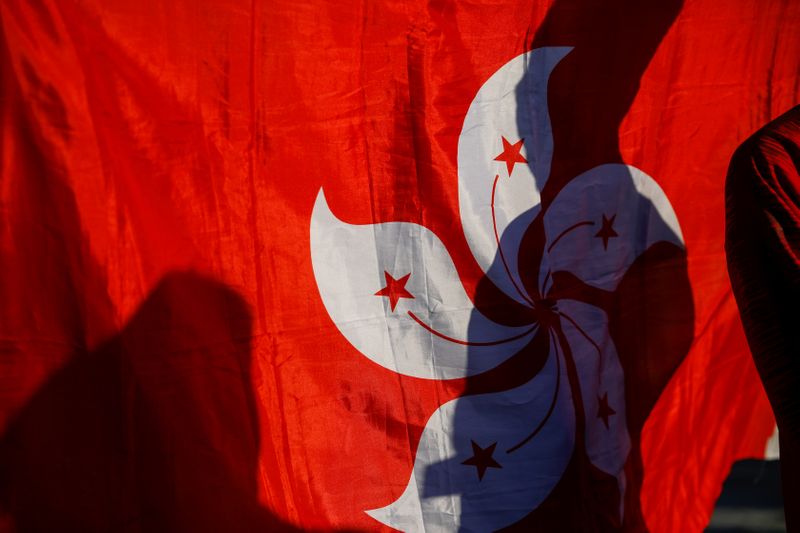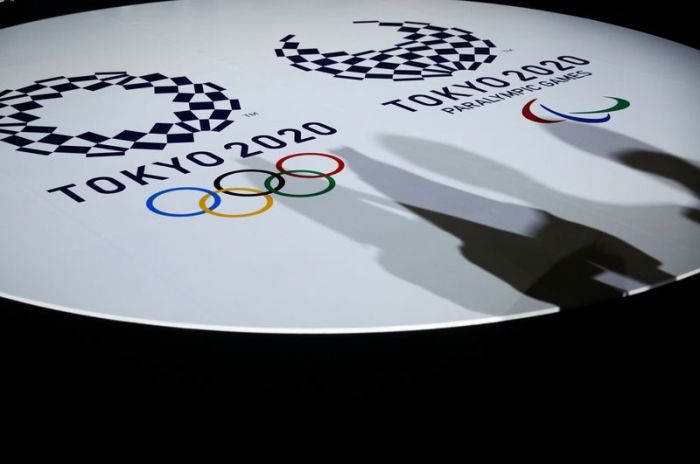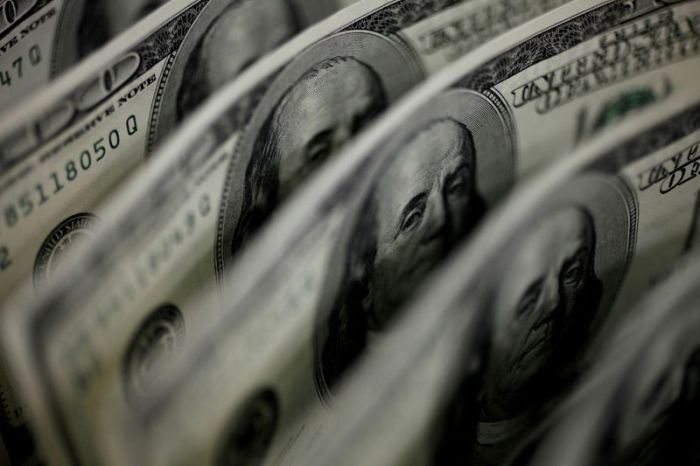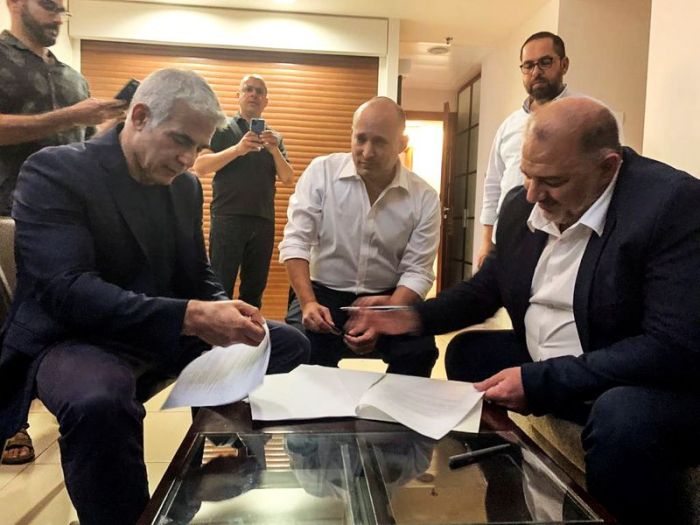HONG KONG (Reuters) – The widely-monitored national security case of 47 Hong Kong opposition figures charged with conspiracy to commit subversion, most of whom have been in custody for the past three months, will resume on July 8, a judge ruled on Monday.
Defendants will receive evidence against them before June 28 and they can make a plea at their next appearance in the West Kowloon Court. The case may then be moved to the High Court, which has the power to give longer sentences.
Some lawyers argued defendants could not be expected to make a plea so soon, given the national security law was new to the city and it would therefore take longer than usual to analyse the evidence. Judge Victor So dismissed the request.
“Seven days is the law,” So said, referring to the deadline given to the prosecution to present the evidence.
The 47, most of whom have been denied bail, were arrested on charges of participating in an unofficial, non-binding and independently organised primary vote last year to select candidates for a since-postponed city election, which authorities say was a “vicious plot” to subvert the government.
Around a hundred supporters gathered outside the court, waving smartphone flashlights and chanting “Hong Kongers hang in there.”
“I want to tell my friends among the 47 that they don’t need to worry, as many are determined to fight on,” activist Jerry Yuen said outside the court.
The charges against the activists, many of whom have announced their retirement from politics, are punishable with up to life in prison.
Diplomats and rights groups are closely watching the case amid mounting concerns over the independence of the former British colony’s judicial system, that is seen as the foundation on which its financial prowess was built.
Marathon bail hearings in March lasted four days and dragged late into the night, causing several defendants to fall ill and seek hospital treatment. Most of the subsequent appeals for bail have been denied.
On Friday, High Court Judge Esther Toh denied former lawmaker Claudia Mo’s bail application, citing, among other reasons, her WhatsApp messages with foreign journalists, commenting on news.
In denying bail in mid-March to Jeremy Tam, another former lawmaker, Toh cited an email he received from the U.S. Consulate where he was invited to “catch up.” His lawyers said he never replied.
Ten of the defendants are expected to apply for bail again on Tuesday and Wednesday.
The security law sets a high threshold for defendants seeking bail to demonstrate they would not break the law, a departure from common law practice, which puts the onus on prosecutors to make their case for detention as an exception.
The protracted hearings and the reasons for rejecting bail have stunned diplomats and rights groups, who see it as a dramatic display of the Chinese-ruled city’s authoritarian turn.
(Writing by Marius Zaharia. Editing by Gerry Doyle and Raju Gopalakrishnan)

























